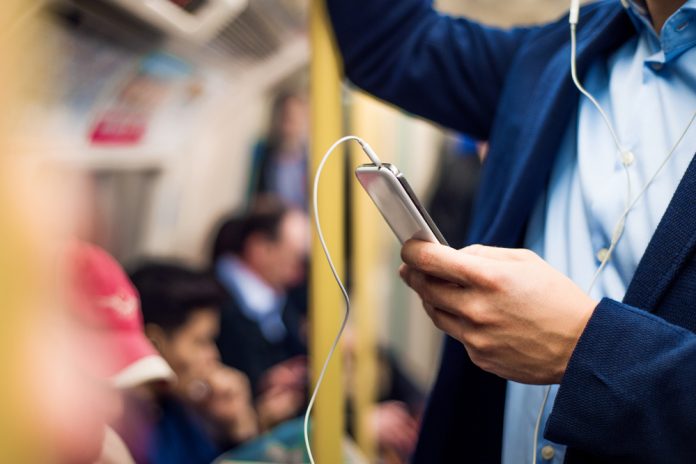New research has suggested that checking and replying to emails on the commute into work should “count as work”.
A new study from the University of the West of England has found 54 percent of commuters spent their journey into work looking at emails, which has extended the working day.
Dr Juliet Jain, from the university’s Centre for Transport and Society, told the BBC: “How do we count that time? Do workplace cultures need to change?”
“There’s a real challenge in deciding what constitutes work.”
Business leaders are beginning the recognise the blurred boundaries of home and work to the increased internet connection on railways.
Jamie Kerr, of the Institute of Directors, said: “This increasing flexibility has the potential to radically shift the work-life balance for the better – but it also leaves open the door to stress and lower productivity.”
“With the concept of clocking on and clocking off no longer straightforward, defining where leisure begins and work ends will be vital for both employers and individuals, as well as a complex task for regulators.”
The study looked at the impact of free wi-fi being introduced on the London to Birmingham and London to Aylesbury routes, studying 5,000 rail passengers.
A commuter told researchers: “I am a busy mum and I rely on that time. It’s really important to my sanity that I can get work done on the train.”
The study was presented to the Royal Geographical Society on Thursday, showing how 54 percent of commuters using the train’s wi-fi are sending work-based emails.
“It’s dead time in a way, so what it allows me to do is finish stuff and not work in the evenings,” another commuter told researchers.
The new research comes as another branch of research has found that taking time off work can help you to live longer.




